
News writer, Interviewer
Imagine buying a winning lottery ticket without ever stepping foot in a store—or worse, discovering your odds of winning were practically zero because someone else had purchased nearly every possible combination.
This is the new reality of lottery play in America, where courier services have exploded onto the scene, operating in regulatory blind spots and sometimes fundamentally changing how lotteries function. These third-party companies enable consumers to purchase digital lottery tickets through mobile apps and online platforms, fulfilling orders from licensed state retailers while operating in territory that's often undefined by law.
What exactly are lottery courier services?
Lottery courier services act as middlemen between consumers and state lottery retailers. They purchase physical lottery tickets on behalf of customers who place orders through their digital platforms. These couriers typically operate independently from the licensed retailers who sell them the tickets, creating a new layer in the lottery ecosystem that many state regulations never anticipated.
The regulatory landscape
The regulation of lottery courier services varies dramatically across the United States, with most states falling into one of three categories:
Regulated states
Only two states have established formal regulatory frameworks for lottery couriers:
- New Jersey requires couriers to register with the state
- New York mandates full licensing for courier operations
In these states, couriers must comply with traditional gaming requirements, including age restrictions, location verification, promotional limitations, and responsible gaming measures. Currently, Jackpocket, Lotto.com, Jackpot.com, and TheLotter operate in New Jersey and New York under their regulatory system.
Unregulated operations
Despite the lack of explicit legal authorization, lottery couriers are actively operating in 17 states plus the District of Columbia.
Opposition states
Several state regulators have expressed significant concerns about courier services. California's lottery has been particularly vocal, declaring in 2021 that such services violate state laws and warning that retailers participating in courier ticket sales risk contract termination. Colorado conducted an audit in 2023 that highlighted the lack of oversight for unregulated courier services.
The Texas case study: When gray areas turn problematic
The situation in Texas demonstrates how lottery courier services can operate in ways that raise serious ethical and legal questions. In 2023, a consortium of professional bettors from Europe partnered with Lottery.com and other firms to execute an audacious plan—buying nearly 26 million lottery tickets to virtually guarantee a jackpot win.
What makes this case particularly troubling is that Texas Lottery officials appeared to facilitate the scheme by:
- Looking past potential violations of lottery rules
- Expediting the delivery of dozens of new lottery terminals to print millions of tickets
- Allowing the creation of storefronts that functioned as ticket-printing operations rather than traditional retailers
The operation succeeded, with the group claiming a $95 million jackpot after purchasing nearly every possible number combination at $1 per ticket. While state lottery officials initially presented this as beneficial for Texas schools (which receive a portion of lottery proceeds), elected officials have since characterized it as "an international conspiracy with the collusion of state officials."
State Senator Bob Hall bluntly described it to The New York Times as "a criminal enterprise within our government," highlighting the deep concerns about how lottery systems can be manipulated when courier services operate in regulatory gray zones.
The legal precedents
The legality of lottery courier services has been tested in courts with mixed results. In Virginia, a jury upheld the business model based on the power of attorney rights granted by customers to couriers. Under this arrangement, players sign forms authorizing the business to represent them in lottery purchases, which the industry argues is protected under constitutional laws of agency.
However, not all jurisdictions agree. South Carolina, for example, has labeled similar operations as illegal gambling, showing inconsistent legal interpretations across states.
The future of lottery courier regulation
The regulatory landscape for lottery couriers has become increasingly active in recent months, with several states taking decisive stances.
Texas has emerged as a battleground for lottery courier regulation following the controversial jackpot scheme. On February 27, 2025, the Texas Senate unanimously passed a bill to ban lottery courier services entirely. This bill was referred to the House on March 4.
Interestingly, a contrasting bill (HB 3201) was filed in the Texas House on February 21, proposing to regulate rather than ban courier services. This alternative approach would subject couriers to oversight and licensure by the Texas Lottery Commission.
Meanwhile, the Texas Lottery Commission itself took action on February 24, issuing a policy statement declaring that courier services are not legal under Texas law. The commission announced it would "exercise its discretionary authority to prohibit lottery ticket courier services" and take "all appropriate action to stop this activity from occurring." This includes investigating retailers suspected of working with couriers and potentially revoking their sales agent licenses. The commission discussed rules to prohibit courier services on March 4, which now face a 30-day public comment period.
Other states are also taking action on this topic:
- Mississippi: An attorney general's opinion dated February 8, 2024, determined that lottery couriers are not authorized under state lottery law. The opinion specifically cited that selling lottery tickets using computers, tablets, or smartphones would violate state code prohibitions.
- South Carolina: On April 17, 2024, the state attorney general issued an opinion stating that the legality of lottery courier services is a matter for the South Carolina Lottery Commission to determine. This effectively deferred the decision to the regulatory body rather than providing a definitive legal interpretation.
These recent developments suggest a growing trend toward either explicit prohibition or formal regulation of lottery courier services, with fewer states willing to allow them to operate in undefined legal territory.
The ethical questions
Beyond legal considerations, the lottery courier industry raises important ethical questions:
- Do courier services undermine the equal-chance foundation of traditional lotteries?
- Should states allow operations that enable large-scale ticket buying to guarantee wins?
- Are consumers adequately protected when playing through unregulated platforms?
Dawn Nettles, who publishes a website focused on the Texas Lottery, told The New York Times that bulk ticket purchases were a deception against players. Ordinary lottery participants had no idea they were competing against sophisticated operations that had effectively guaranteed themselves the jackpot.
Looking ahead
The growing regulatory activity across multiple states indicates that the era of lottery couriers operating freely in gray areas may be coming to an end. States are increasingly recognizing the need to either explicitly authorize and regulate these services or prohibit them outright.
The divergent approaches seen in Texas, with competing legislation proposing either regulation or prohibition, highlight the fundamental policy questions at stake. As more states confront these issues, we'll likely see the emergence of clearer legal frameworks that either legitimize courier services through proper oversight or eliminate them entirely from certain jurisdictions.
Until then, consumers using lottery courier services should be aware that they're participating in a rapidly evolving regulatory environment where the rules of the game could change at any moment.
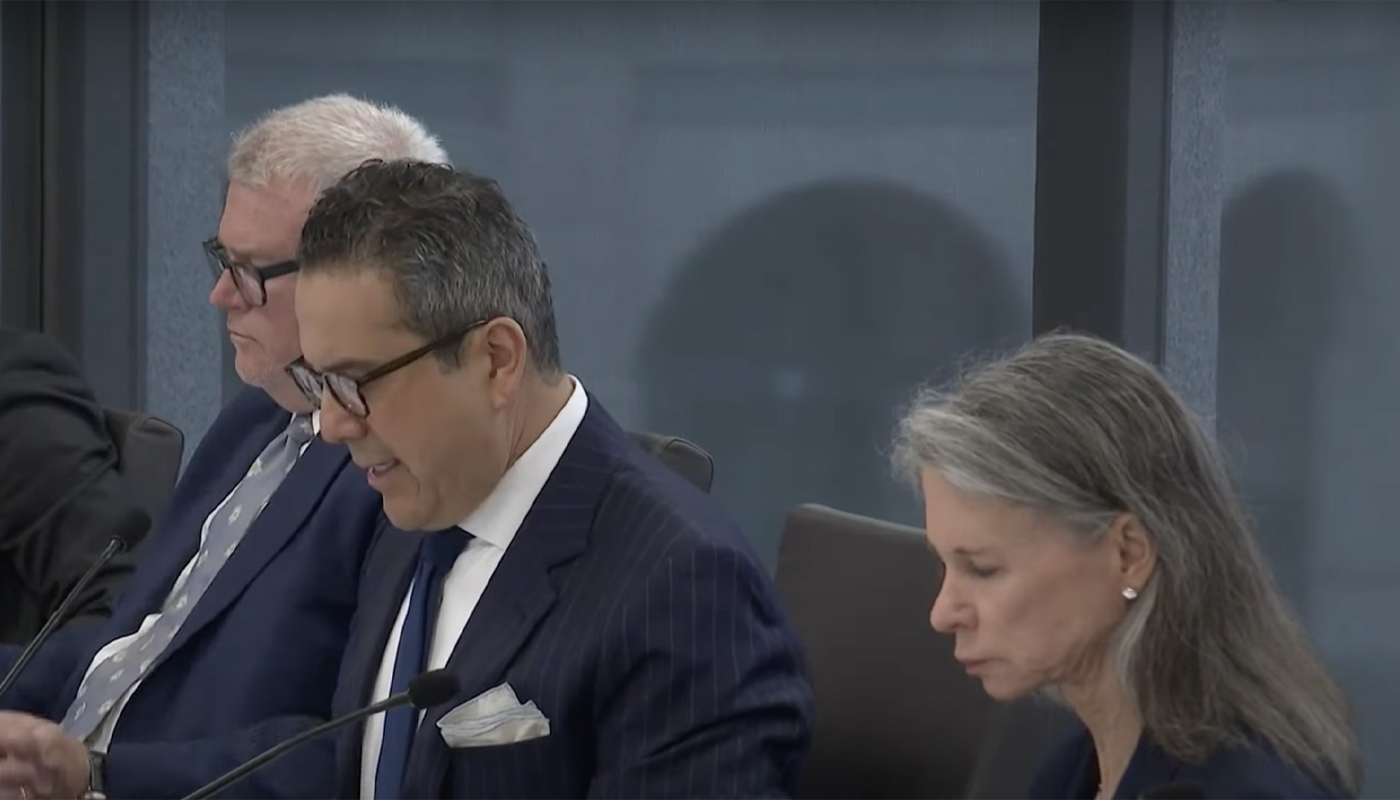
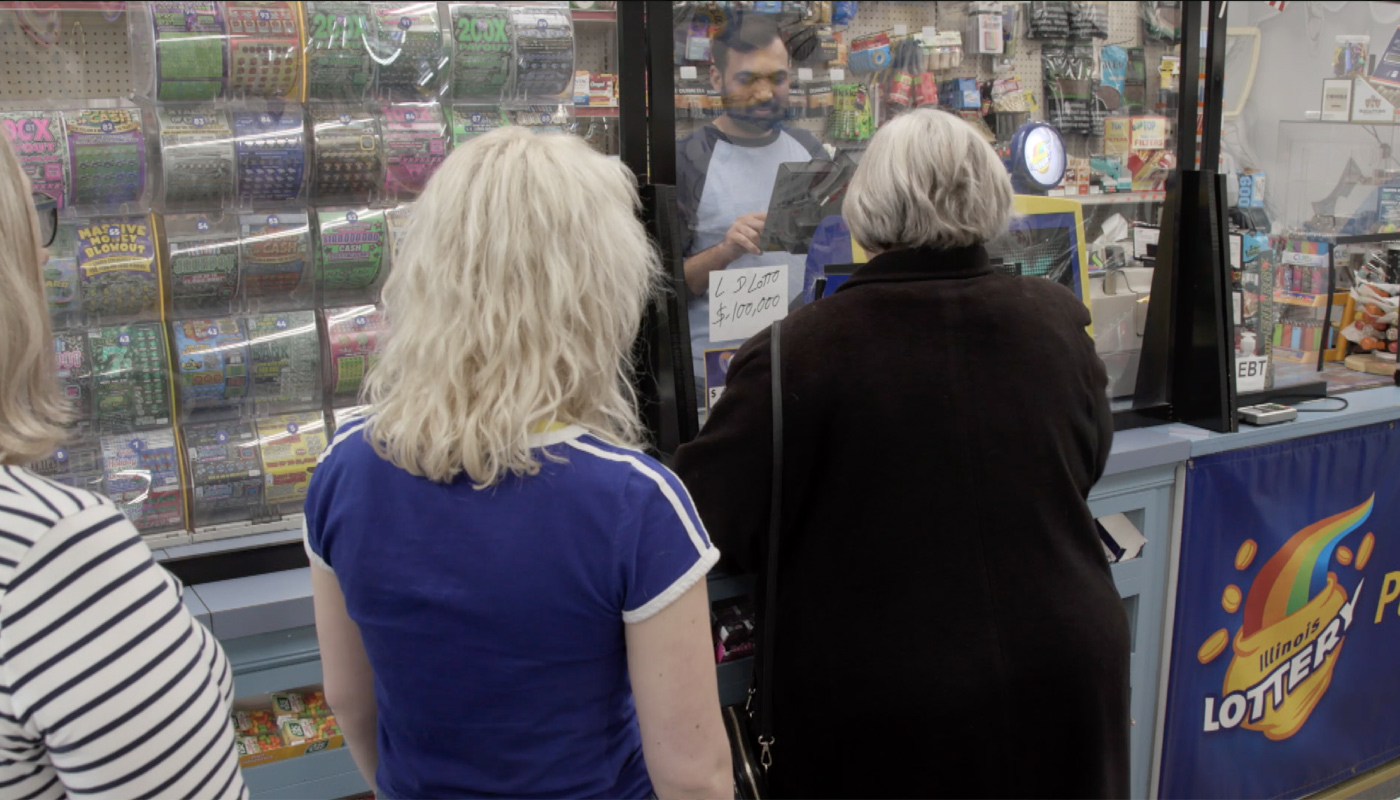
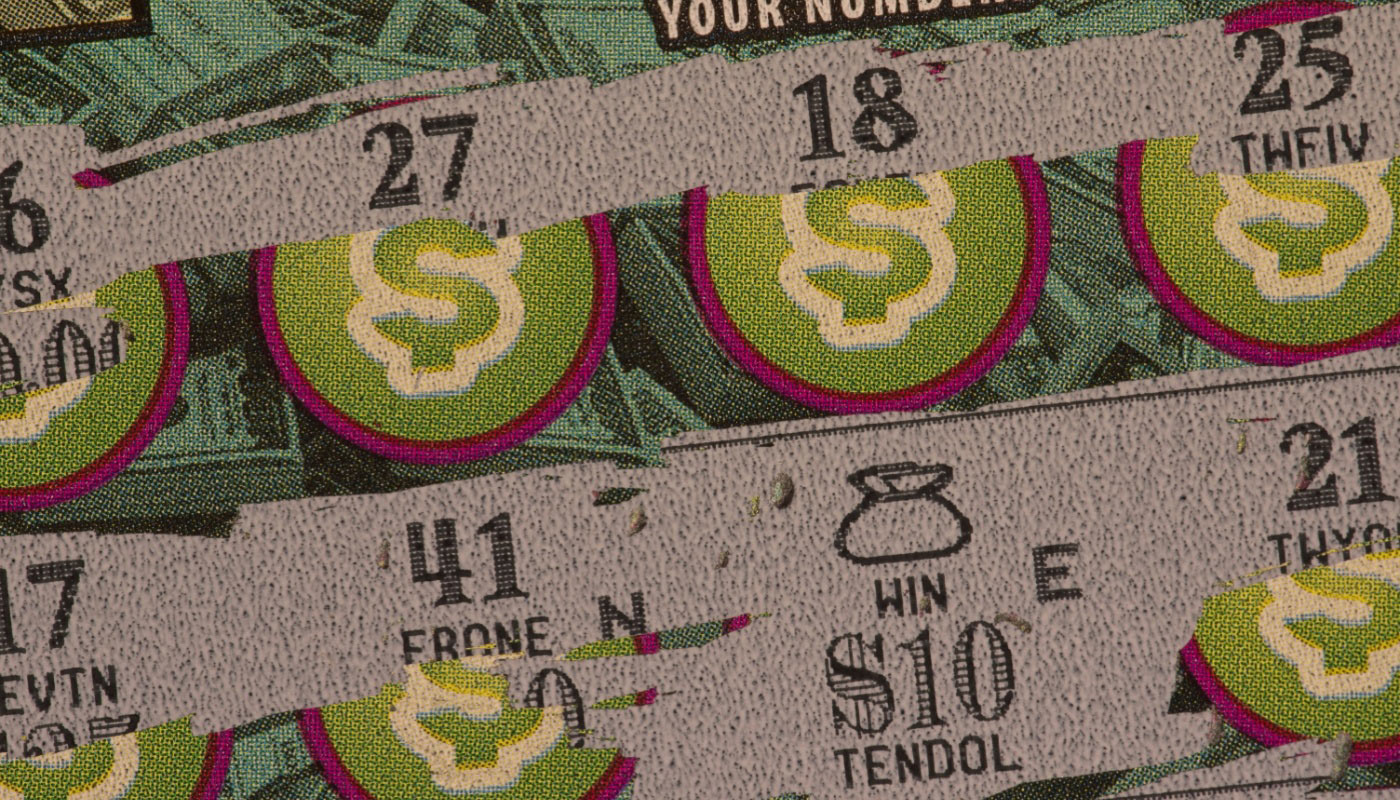

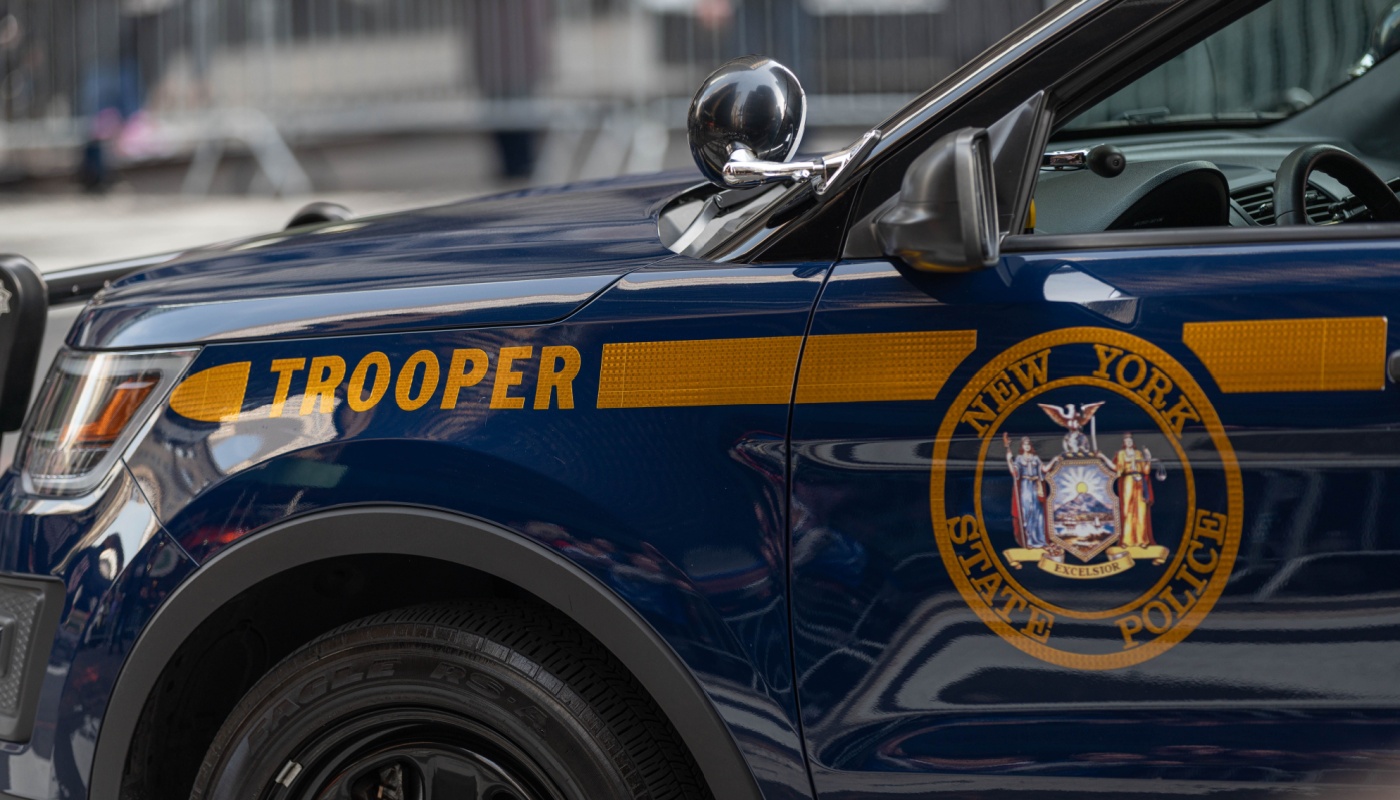

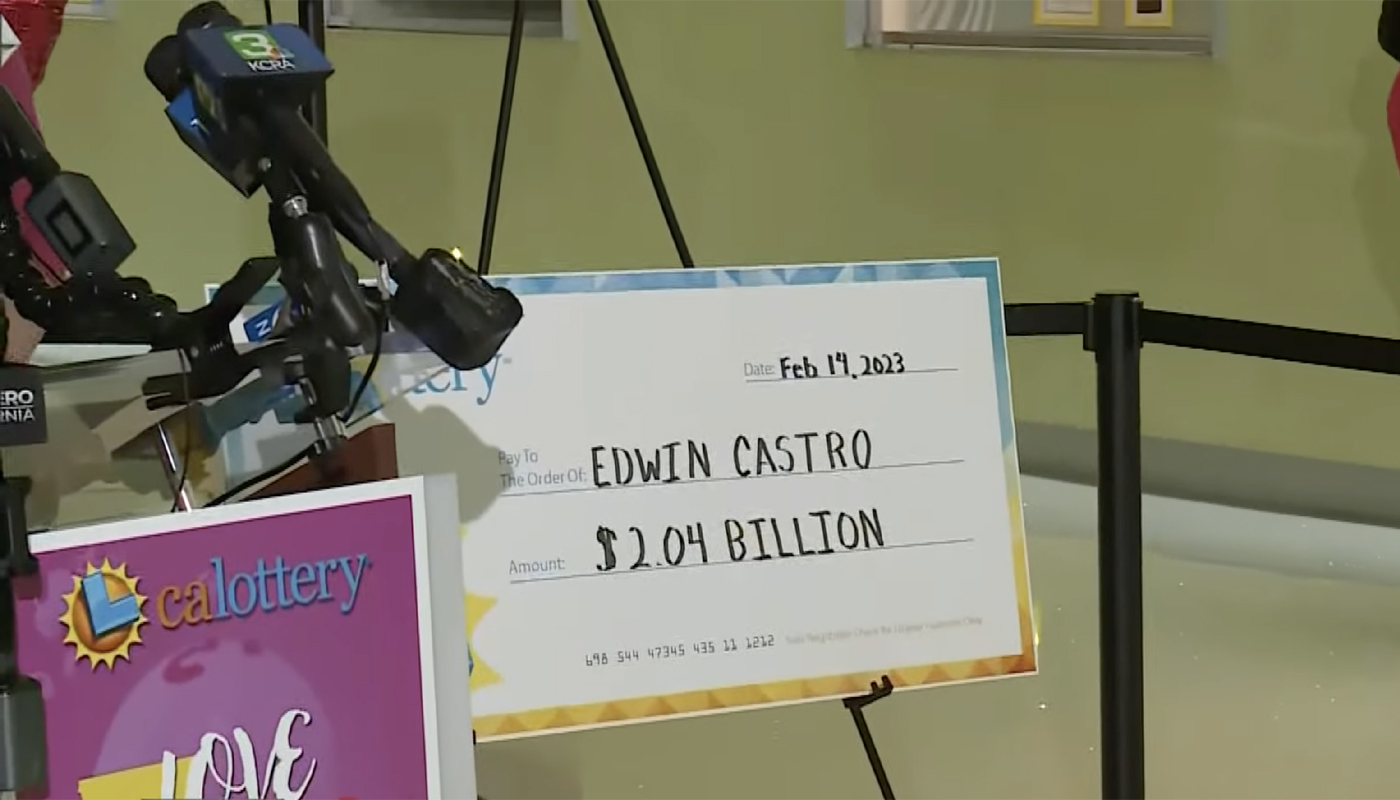
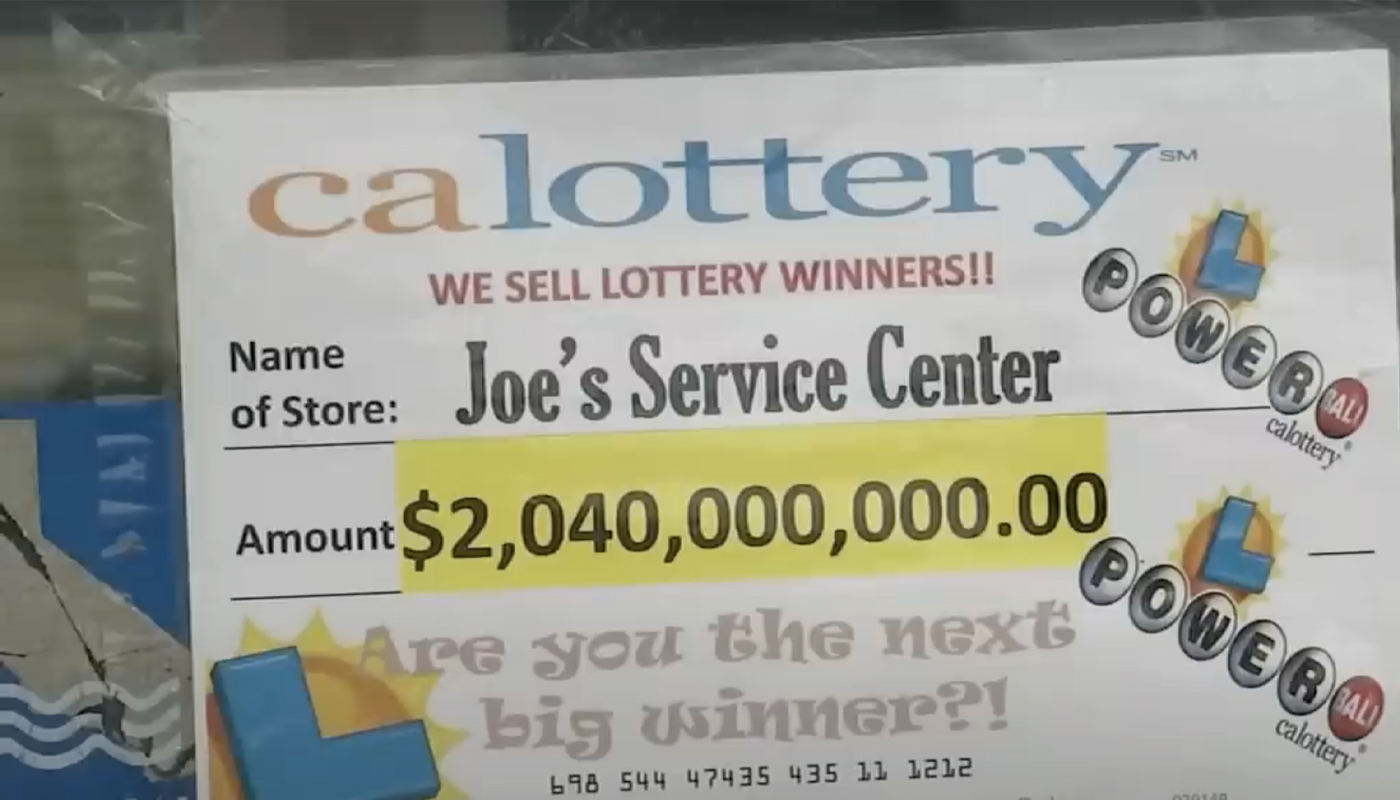










Comments